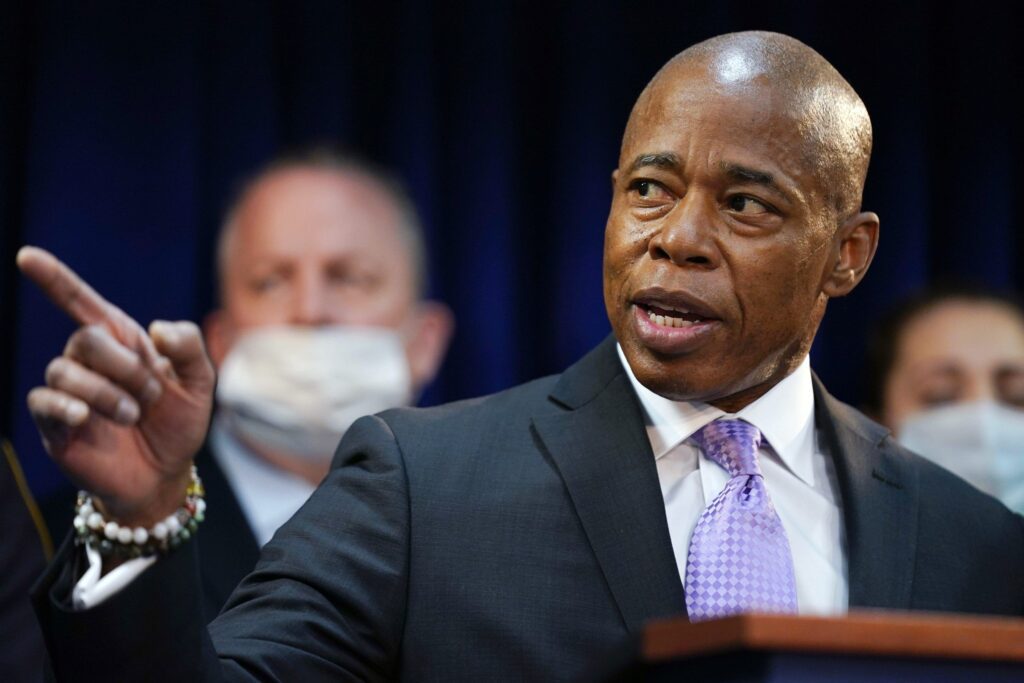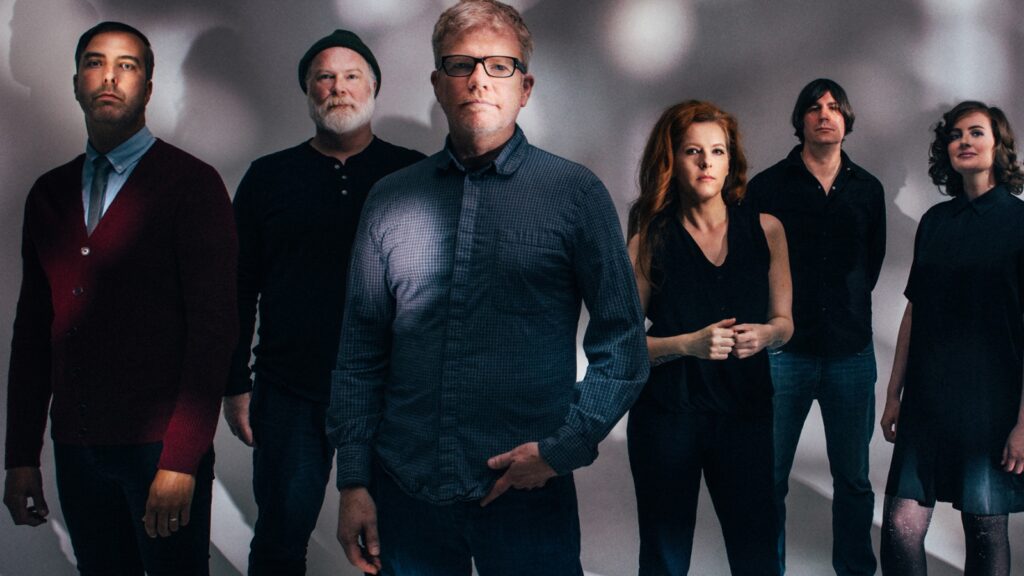
New York City Mayor Eric Adams Declares War on Drill Rap
There’s a vibrant, exciting music scene happening in New York City — and newly elected mayor Eric Adams isn’t happy about it.
In remarks to members of the press Friday, Adams expressed concerns about drill rap, the musical subgenre that has flourished in his home borough of Brooklyn over the past half-decade. He characterized the music as “alarming,” linking it to gun violence, and appeared to put further blame on social media companies.
“We pulled Trump off Twitter,” Adams said. “Yet we are allowing music, displaying of guns, violence. We’re allowing it to stay on these sites.”
“We pulled Trump off Twitter … yet we are allowing music displaying of guns, violence.”
— NYC Mayor Eric Adams (D), after his son sent him drill rap videos, says he will try to get the videos banned from social media. pic.twitter.com/ATGmhpi4Bo
— The Recount (@therecount) February 11, 2022
Adams acknowledged that his concern about drill rap is relatively recent. “I had no idea what drill rapping was, but I called my son and he sent me some videos, and it is alarming,” he said. “We are going to pull together the social media companies and sit down with them and tell them that you have a civic and corporate responsibility.”
Adams’ remarks are in line with anti-rap messaging from police and prosecutors across America in recent years, a trend which has been decried by artists, legal scholars, and free speech advocates. But the mayor’s distaste for drill goes beyond what his own police force says.
Just ask NYPD Deputy Chief Joseph Gulotta, who recently told the New York Daily News that it’s a mistake to blame the music for several recent shootings involving Brooklyn rappers: “These are gang shootings. I think sometimes rap and the lyrics ignite, cause some issues. But I don’t think that’s the underlying motive at the end of the day.”
Since beginning on the South Side of Chicago in the early 2010s, drill music has frequently been criticized by censorious listeners who see its bleak sounds and menacing lyrics as dangerous. Over in the U.K., some drill acts have infamously been forced to seek police permission before recording music.
Here in the United States, the First Amendment to the Constitution bars government officials from restricting artistic expression, a clause that has been widely understood to protect depictions of violence in books, films, paintings, and songs. Even ones that sound scary on YouTube.


